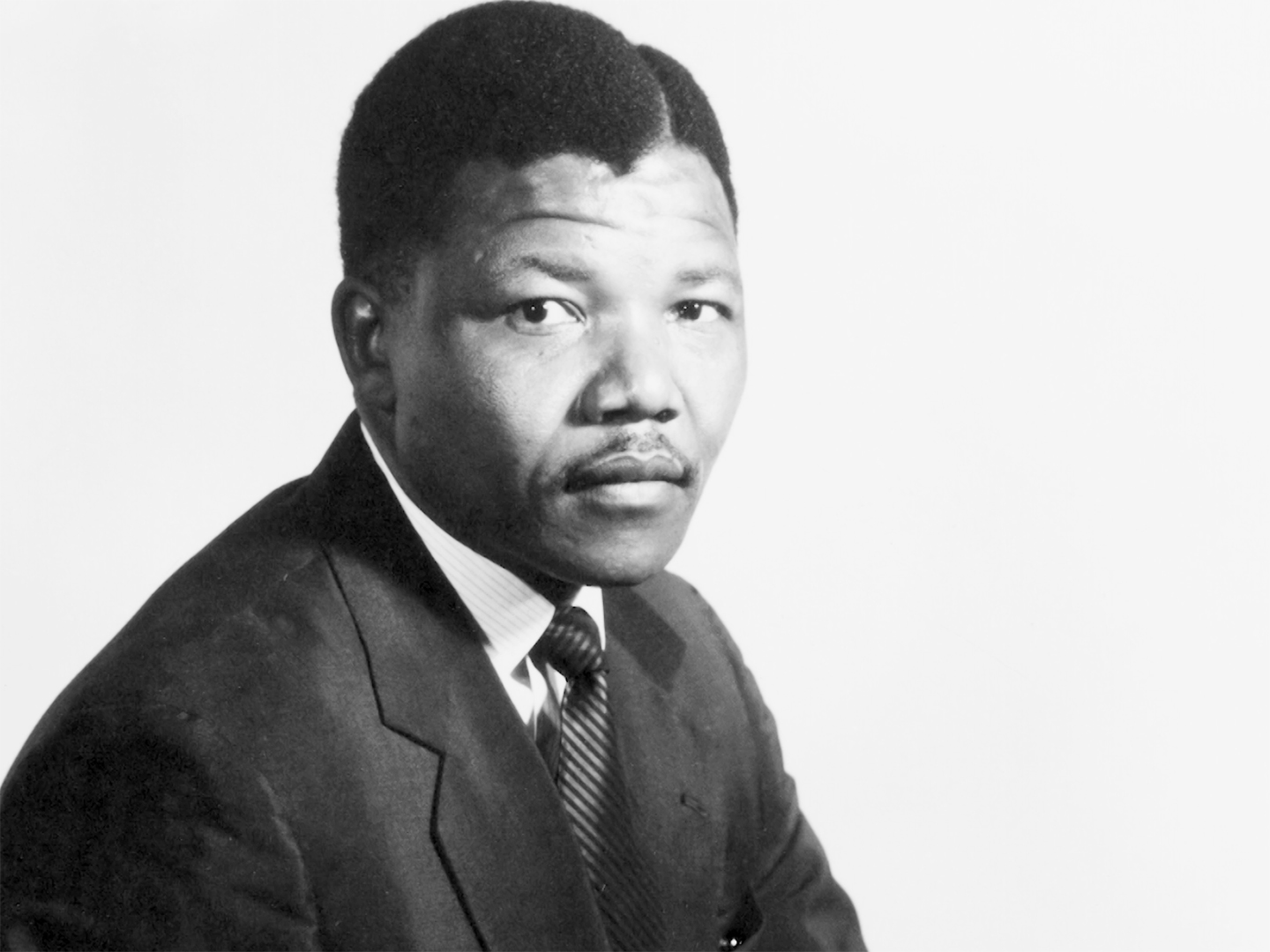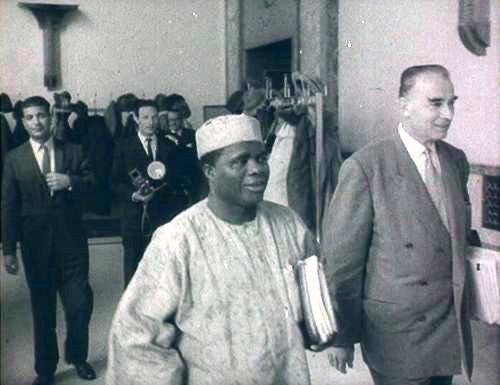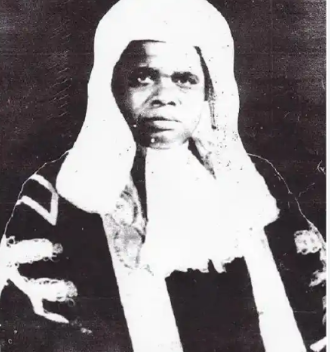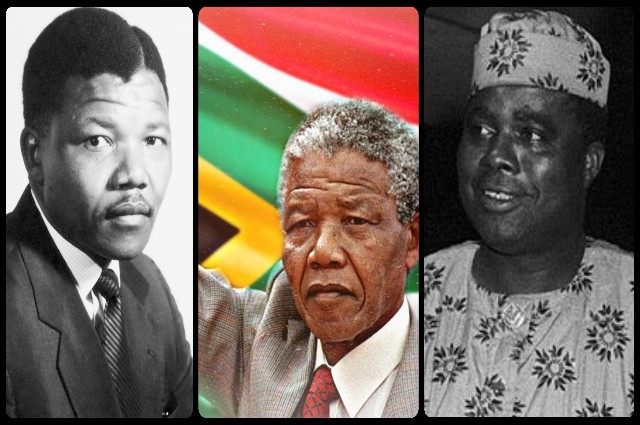Jaja Wachuku is a prominent figure in Nigerian history, celebrated for his selfless acts and contributions to the country’s fight for independence. In 1964, Wachuku played a crucial role in saving the life of South African leader, Nelson Mandela, during the infamous Rivonia Trial.
Mandela and twelve other political leaders were arrested and charged with sabotage in 1963, following years of hiding from the South African police. Mandela’s plea of guilty to sabotage did not spare him from being sentenced to death. He was viewed as a terrorist by the U.S. government and became more radical while in prison, causing the government to fear him even more.

During Mandela’s trial, he made a powerful three-hour speech in which he famously said, “I am prepared to die.” However, Jaja Wachuku, who at the time was Nigeria’s Minister of Foreign Affairs, intervened and used his influence to save Mandela’s life. Wachuku had previously served as Nigeria’s first Ambassador and Paramount Representative to the United Nations.
Thanks to Wachuku’s intervention, Mandela was spared the death penalty, and instead, he and his co-defendants were sentenced to life imprisonment. Jaja Wachuku’s little-known involvement in this historic event remains a testament to his unwavering commitment to justice and equity.
Jaja Wachuku was a highly respected figure in Nigeria’s history, known for his selflessness and dedication to promoting equality both nationally and internationally. As the first Speaker of the Nigerian House of Representatives, he held prominent positions in the United Nations and had a strong relationship with the US president and other top officials.

In 1964, Jaja Wachuku used his influence and connections to intervene in the death sentence of Nelson Mandela and twelve other South African politicians who had been convicted for sabotage during the Rivonia Trial in South Africa. Mandela, labeled a terror*st by the US government, had become more radical during his imprisonment and was feared by the government. Jaja Wachuku saw the death sentence as a display of injustice and believed in Mandela’s cause.
Nelson Mandela recorded in his 1962 diary from Lagos, Nigeria that he had a “profitable discussion” with Mr Jaja Wachuku and his staff on May 18th, and had lunch with him the following day.

President Goodluck Jonathan of Nigeria posthumously awarded Jaja Wachuku a special Golden Jubilee Independence Anniversary Award in 2010, recognizing his contributions to Nigeria’s development. In 2014, Wachuku was further honored as a Hero of the Struggle for Nigeria’s Independence from Great Britain and a Pioneer Political Leader by President Goodluck Jonathan on the occasion of Nigeria’s 100-year anniversary.
On March 6, 2020, Trinity College Dublin in Ireland celebrated Jaja Wachuku’s legacy by displaying a prominent portrait of him within the University’s Historical Society. Wachuku was an alumnus of Trinity College Dublin, graduating with a first class honours degree in Legal Sciences in 1944 and being a member of the College Historical Society.

Thanks to Jaja Wachuku’s intervention, the death sentences were changed to life imprisonment, and Mandela spent 27 years and eight months in jail before being released by President F. W. de Klerk on February 11, 1990. Jaja Wachuku, a Royal Prince of Ngwa land in the Igbo part of Eastern Nigeria, died on November 7, 1996.
